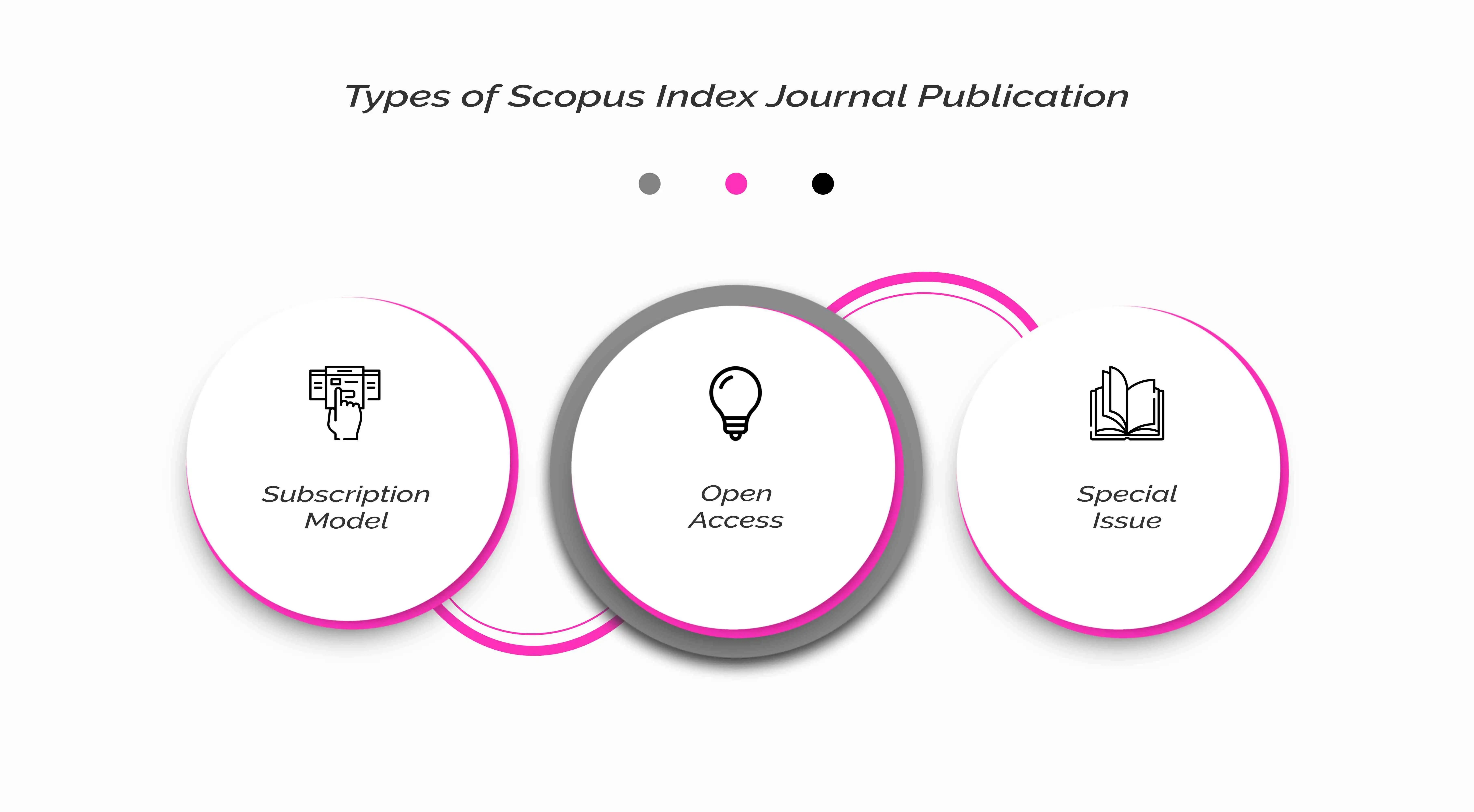Elsevier launched Scopus in 2004 as a comprehensive abstract and citation database, bringing together high-quality web sources and peer-reviewed literature, including scientific articles, books, and conference proceedings. Developed in collaboration with scholars and librarians worldwide, Scopus plays a vital role in ensuring research credibility and global visibility. It covers studies across science, technology, humanities, and the arts, and offers tools for tracking, analyzing, and visualizing research insights.
Currently, Scopus includes 36,377 titles, comprising 34,346 peer-reviewed journals, 5,500 open-access journals, around 11,678 publishers, 520 conference proceedings, 294 business magazines, and 852 textbook series. Many researchers keep an eye on Scopus Indexed Journal 2026 updates to stay current with reliable and reputable publication sources. Through its extensive coverage, Scopus evaluates significant multidisciplinary research activities globally.
The platform was designed to safeguard the accuracy of findings while highlighting research gaps for further study. Zonduo shares this vision, helping researchers publish in reputable Scopus Indexed Journal 2026 and enhancing academic performance across disciplines. Our mission is to guide academics, close knowledge gaps, and support successful publication in top Scopus journals.
By providing targeted support, Zonduo bridges the gap between researchers and high-impact Scopus Indexed Journal 2026 publications. We understand the importance of publishing in these journals for career growth, recognition, and advancing knowledge, and we make achieving this goal practical and accessible for all researchers.

















